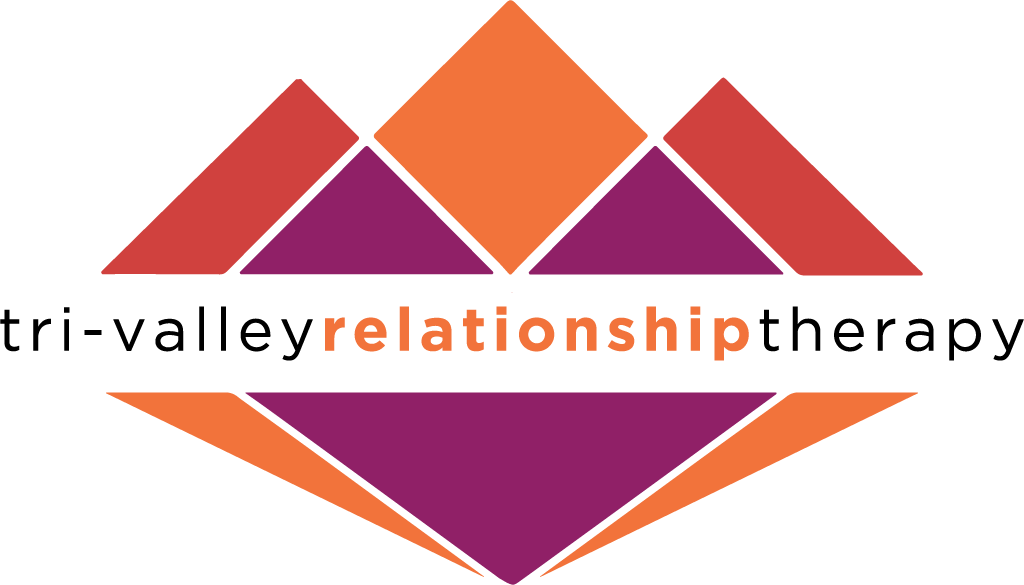How Individual Therapy Can Help With Relational Issues
In the last article, I discussed the benefits of couple’s therapy for relational issues. Despite the many benefits of addressing relationship distress via couples therapy, there are certain situations or relationship issues that cannot be addressed with couple’s therapy. Individual relationship therapy can be a very useful modality for such issues.
Here are some situations when individual therapy is appropriate for relationship issues:
1. Partner is unwilling to participate:
It is not uncommon for one partner to be more motivated about getting help for relationship issues while the other is ambivalent or uninterested. In other situations, one partner feels extremely hurt and disappointed by what transpired as a result of their partner’s actions and want their partner to put in some individual work before couples therapy can become a viable option.
2. Explore feelings about the partner or relationship:
Individual relationship therapy can be a valuable resource for people who are experiencing ambivalence about their partners or their relationship. They can benefit from having a safe space to explore and sort through such feelings and thoughts without having to worry about their partner’s reactions. It can help people to gain clarity about how they feel about their partner or where they stand in terms of their relationship which helps them make informed decisions about leaving the relationship or initiating couples therapy to repair their relationship.
3. Heal from relational trauma:
Individual relationship therapy can help people heal from relational trauma such as infidelity or a break-up, especially when the partner who committed the infidelity is no longer in the picture. Relational trauma can have a long-lasting impact on one’s emotional well-being, sense of self-worth and create feelings of hopelessness that impact future attempts at getting into a relationship.
In other cases, relational trauma from the past can interfere with the current relationship- for example not being able to trust one’s current partner because of being betrayed in the past or wounds from childhood getting in the way of being vulnerable and individual therapy can be very helpful.
4. Understand one’s own behavior/actions:
Individual relationship therapy can help people understand their motivation behind destructive behaviors that cause relationship issues. Because of past wounding around rejection or fears of abandonment, some people create a pattern of self-sabotage in relationships by engaging in betrayal, lying, cheating or not being willing to make a long term commitment.
5. Examine relational patterns:
People who have had multiple failed relationships or find themselves attracted to a similar type of partner or relationship which ends up being unhealthy can benefit from examining such patterns in individual therapy. Such an examination could be very helpful and productive in terms of learning how to avoid repeating those patterns.
6. New relationships/dating & individual sex therapy:
At times, people in new relationships or in casual dating scenarios don’t want to bring their partners into couple’s therapy or even disclose to their partner that they are seeking for something that is not working in their relationship.
This is especially true for certain sexual issues- men dealing with performance anxiety with a new partner or women unable to reach orgasm in a new relationship. Sex therapy can be incredibly helpful in helping people work through some of these very intimate struggles without having to involve the partner, especially if the relationship is casual or very new.
About the author: Nagma V. Clark, Ph.D., L.P.C.C., C.S.T. is an AASECT Certified Sex Therapist and PACT Level II Certified Couples Therapist. She specializes in working with couples & individuals struggling with low or mismatched libido, weak or absent orgasms, performance anxiety, erectile dysfunction, sexual pain, sexuality & aging, general sexual dissatisfaction etc. She also works with people interested in exploring sexual orientation, gender identity, kink, BDSM & polyamory.
